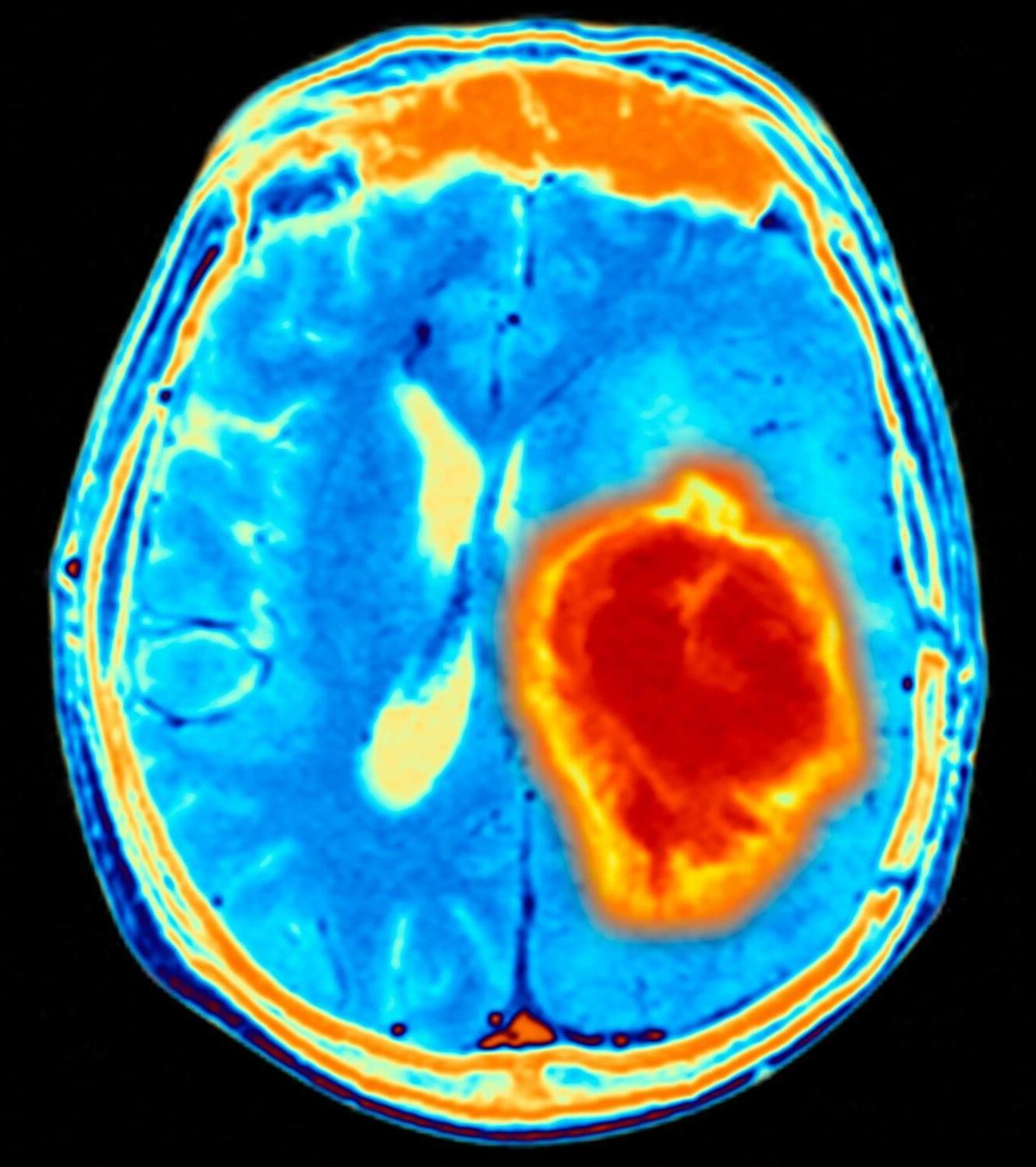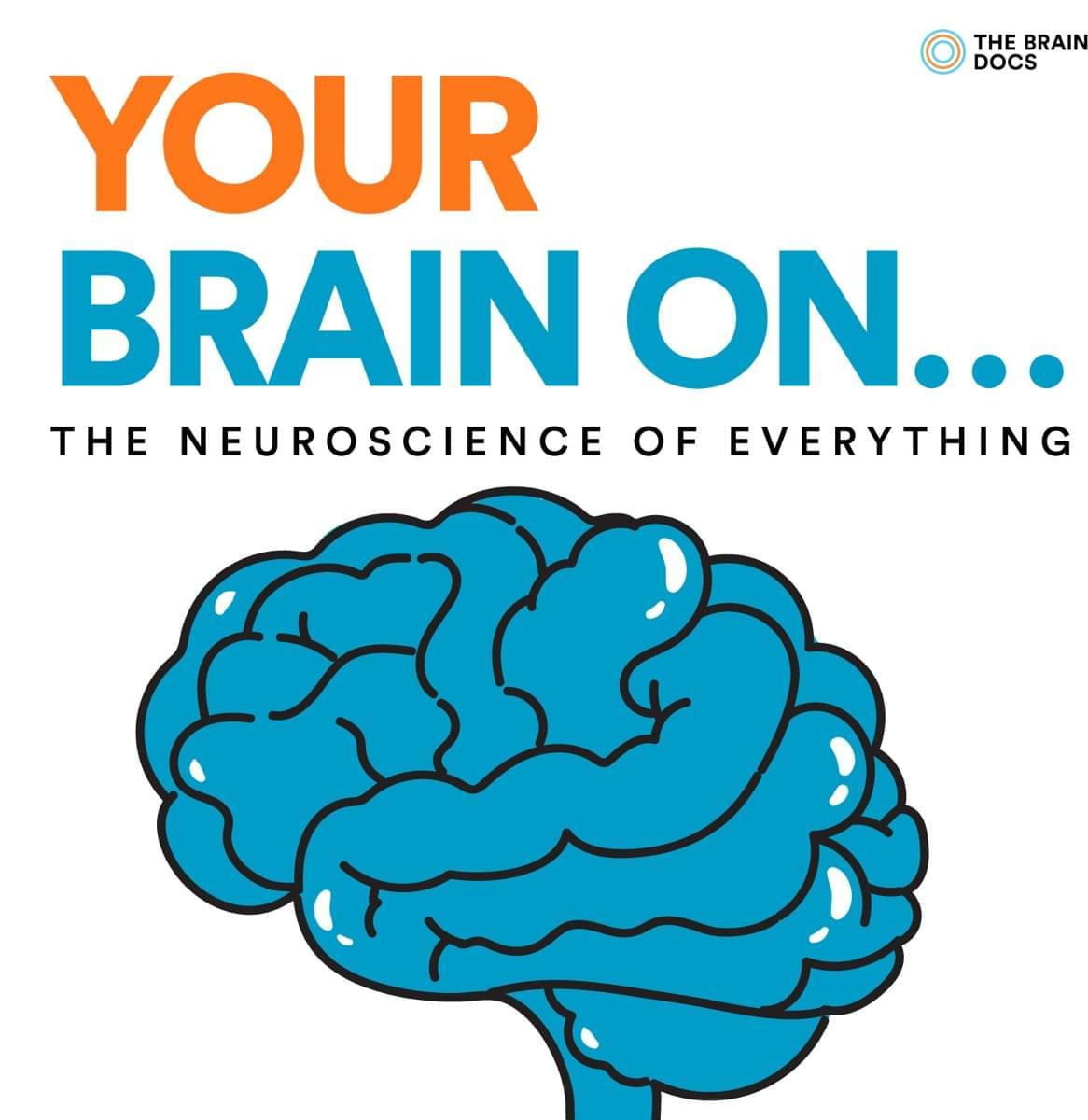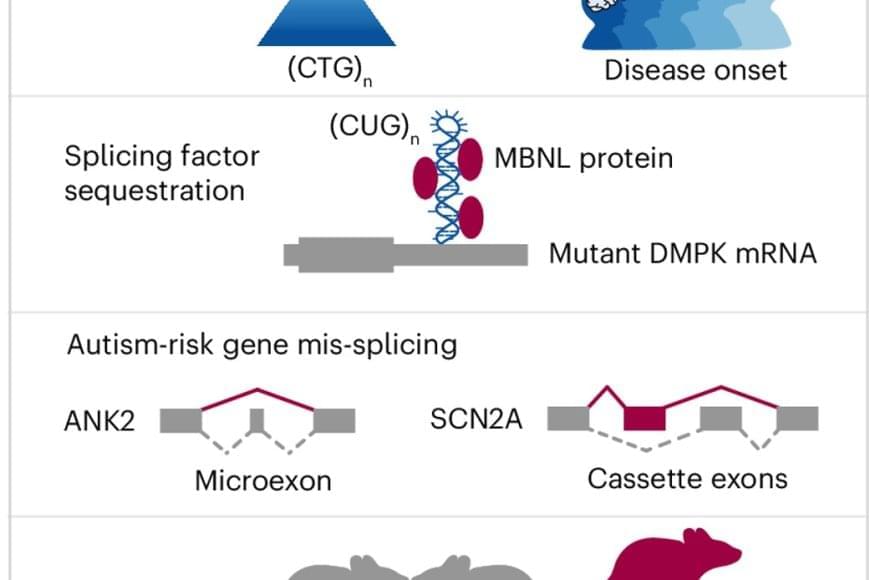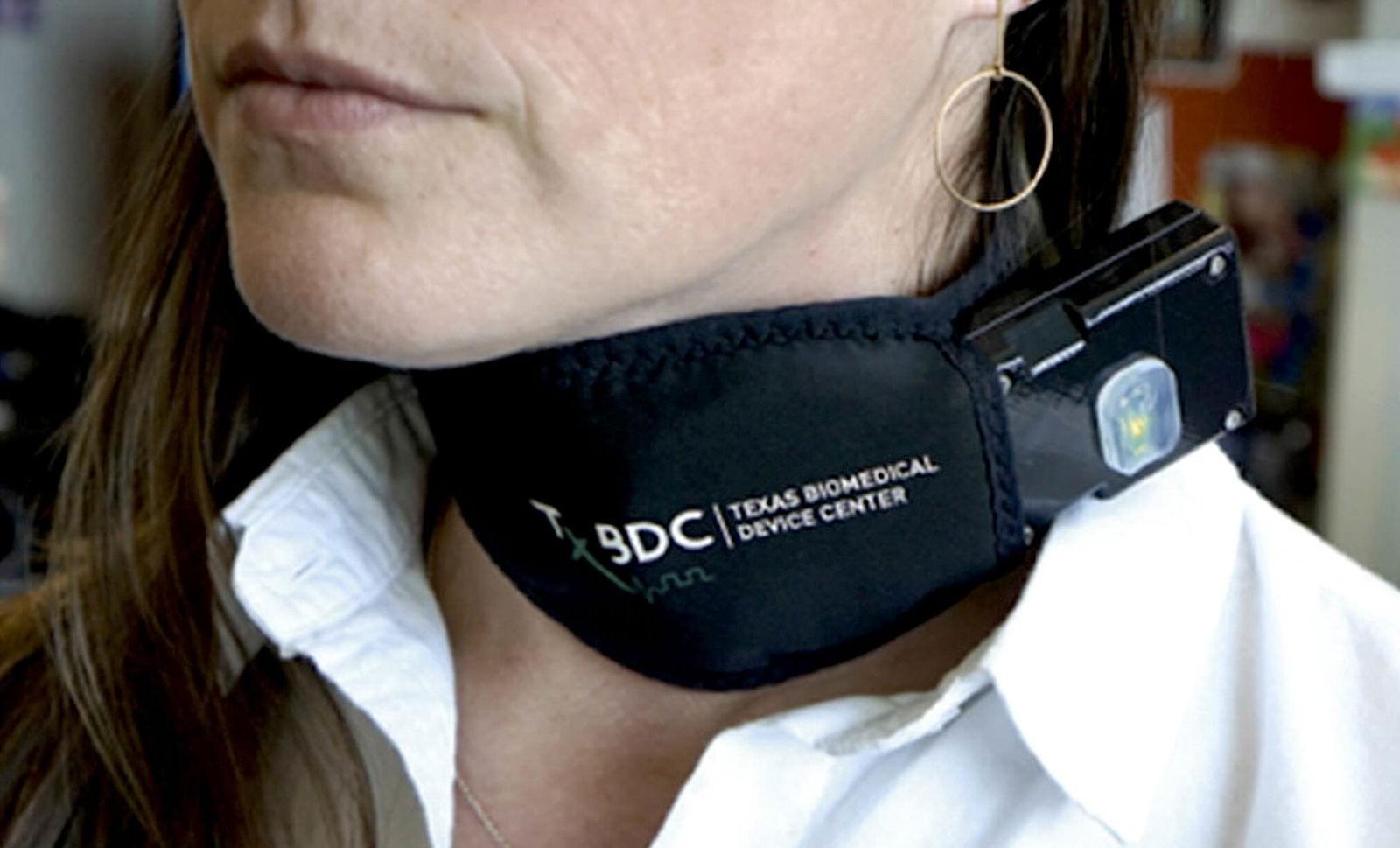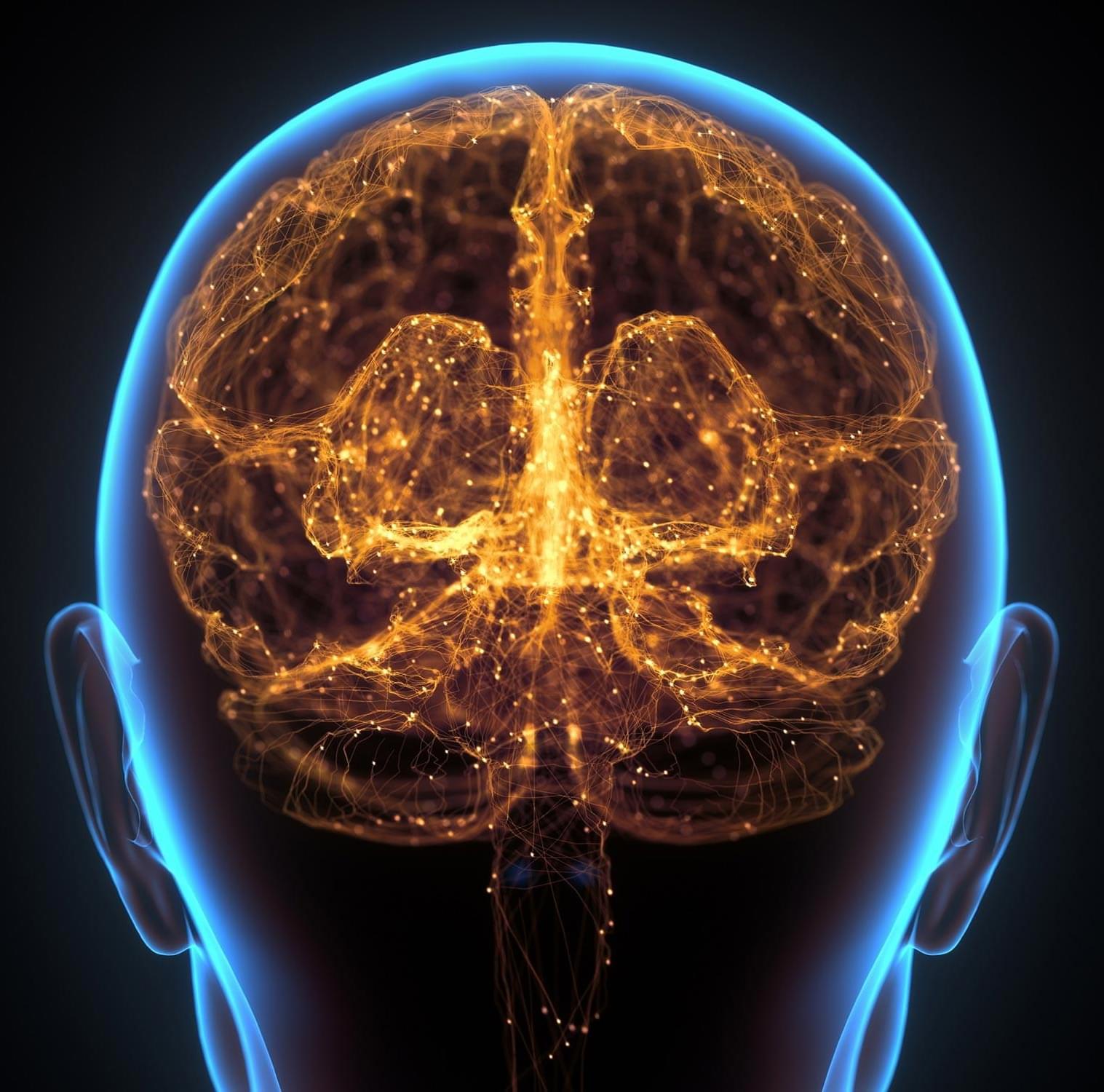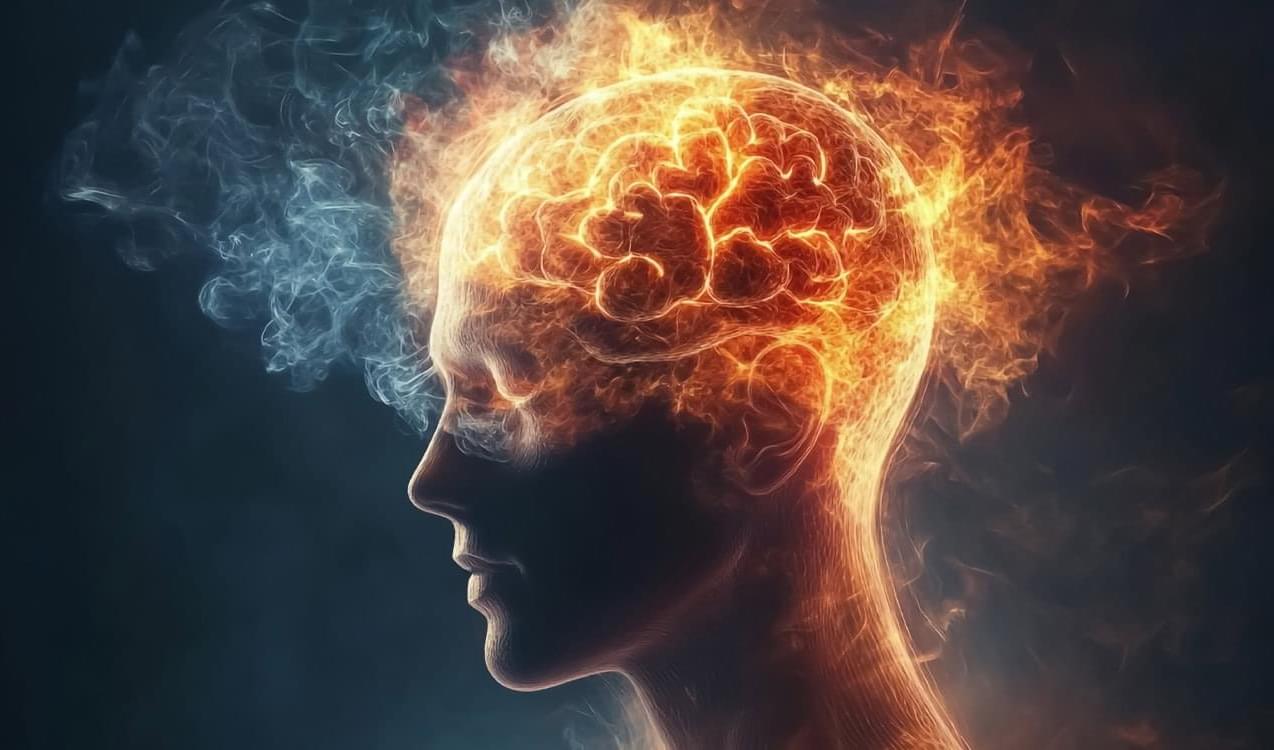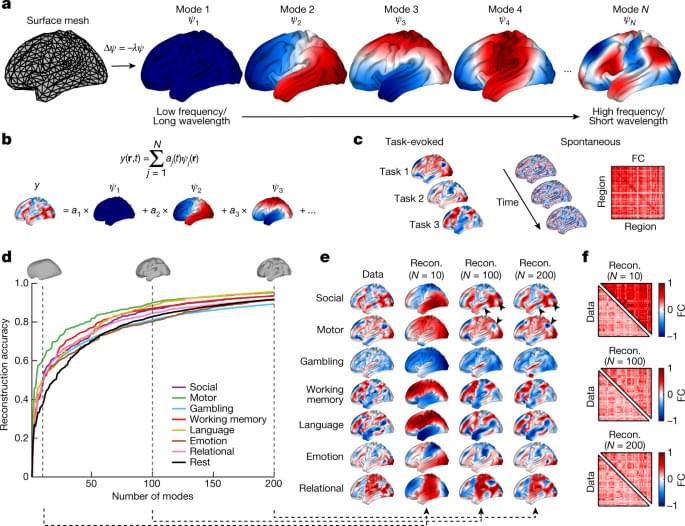A Scientific dive into Depression and Anxiety.
In this video, we explore how depression affects the brain and uncover the science behind brain depression and anxiety. Backed by neuroscience and psychology, this deep dive reveals how depression rewires three major areas of your brain: the prefrontal cortex, hippocampus, and amygdala—and how these changes impact memory, mood, and decision-making.
If you’ve ever wondered what part of the brain is affected by depression, or how anxiety and depression are connected, this video explains it all—clearly and scientifically.
🌿 Why Watch This Video?
✔️ Understand the brain science behind depression.
✔️ Learn how depression and anxiety alter brain structure and function.
✔️ Discover healing methods like neuroplasticity, exercise, and therapy.
✔️ Boost your awareness of mental health and self-healing strategies.
📌 What You’ll Learn:
🔹 How the amygdala becomes overactive during depression.
🔹 Why the hippocampus shrinks, leading to memory loss.
🔹 How the prefrontal cortex struggles with focus and planning.
🔹 Ways to rewire your brain for emotional resilience.
📌 Timestamps:
00:00 – The Science of Depression 🧠
00:45 – How Depression Affects Decision-Making.
02:17 – Memory Loss & Brain Fog Explained.
04:03 – Anxiety & The Overactive Amygdala.
05:49 – How to Heal Your Brain Naturally.
💡 If this video helped you, drop a “🧠” in the comments & share with someone who needs it!
